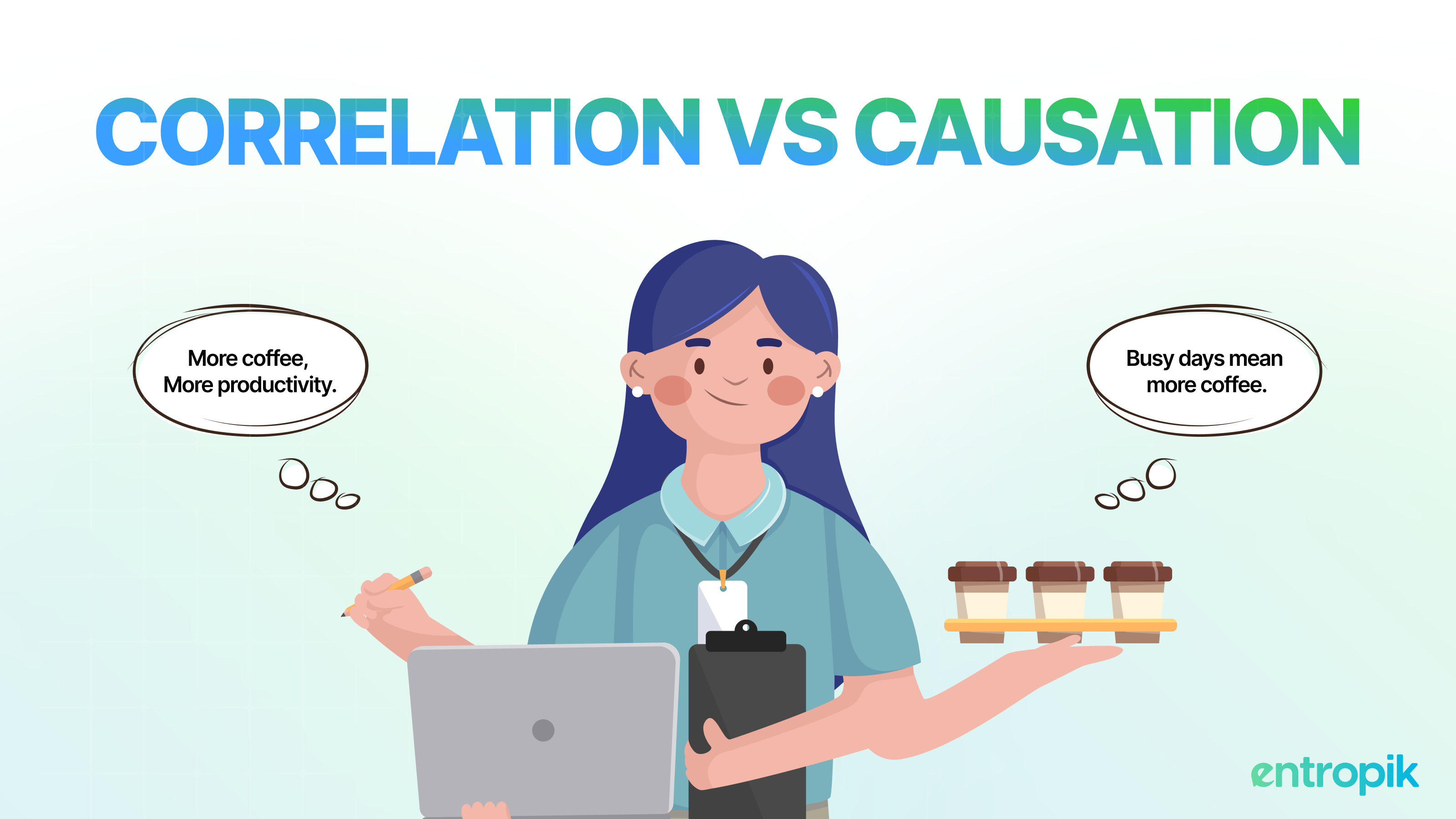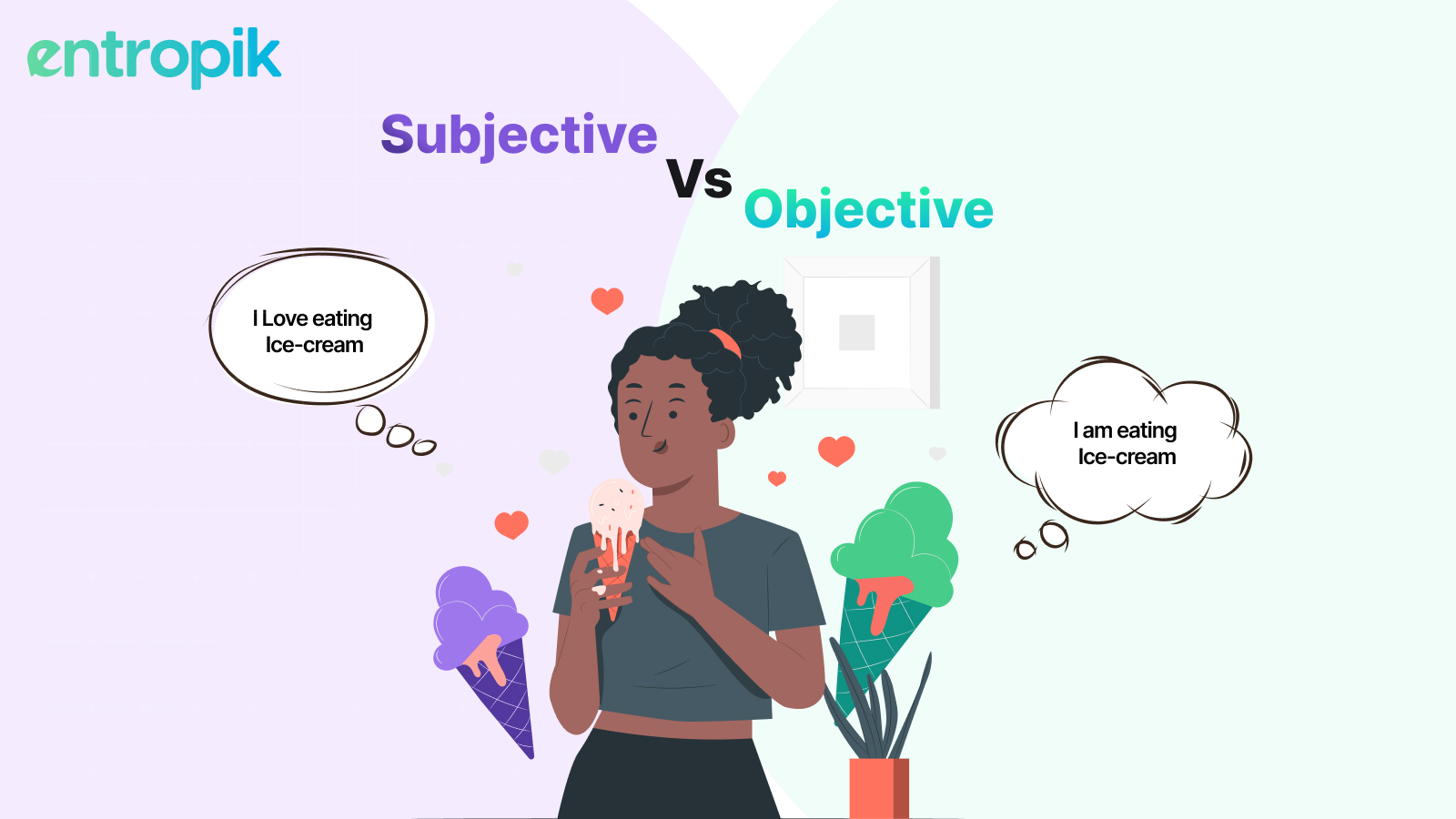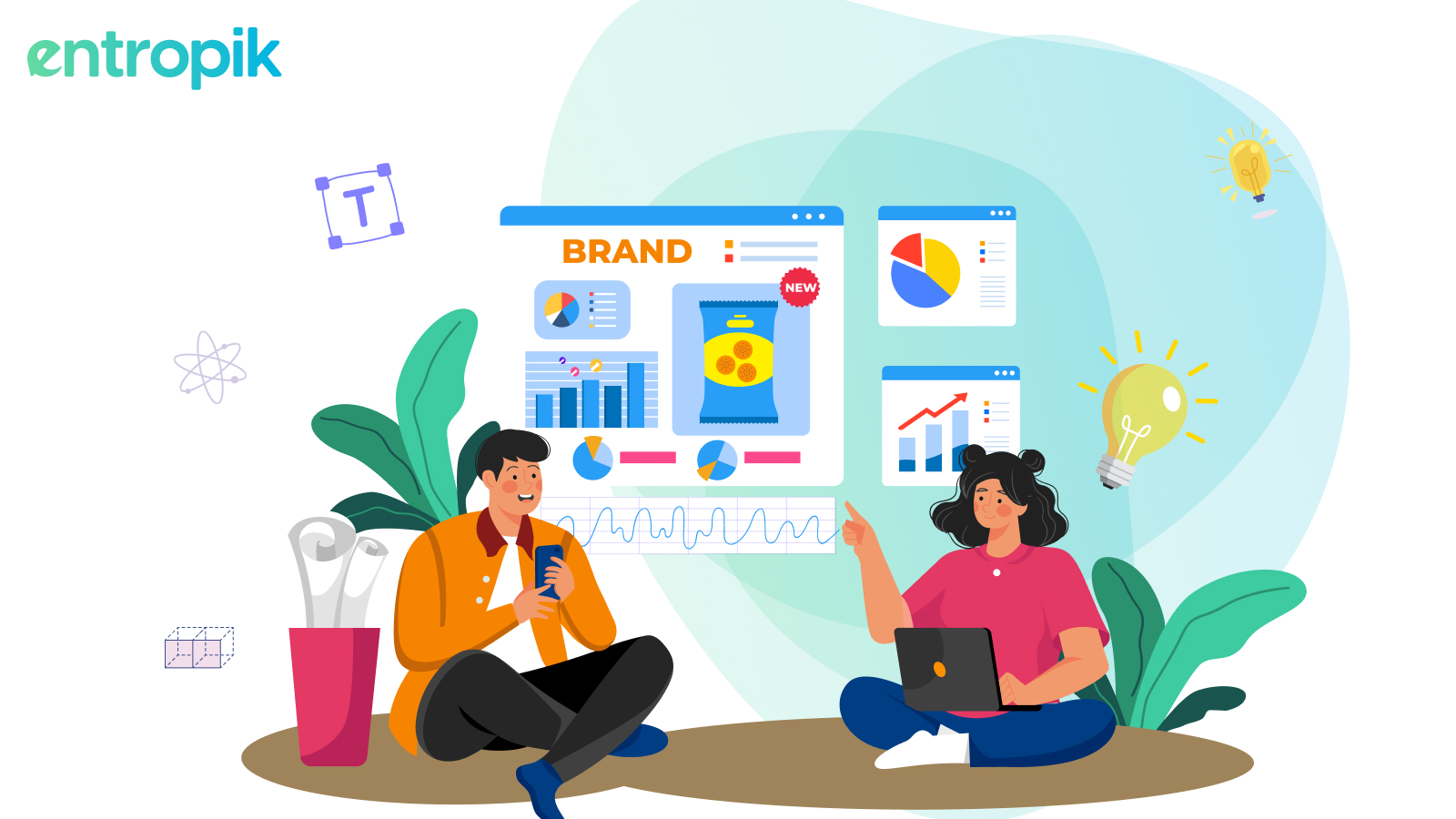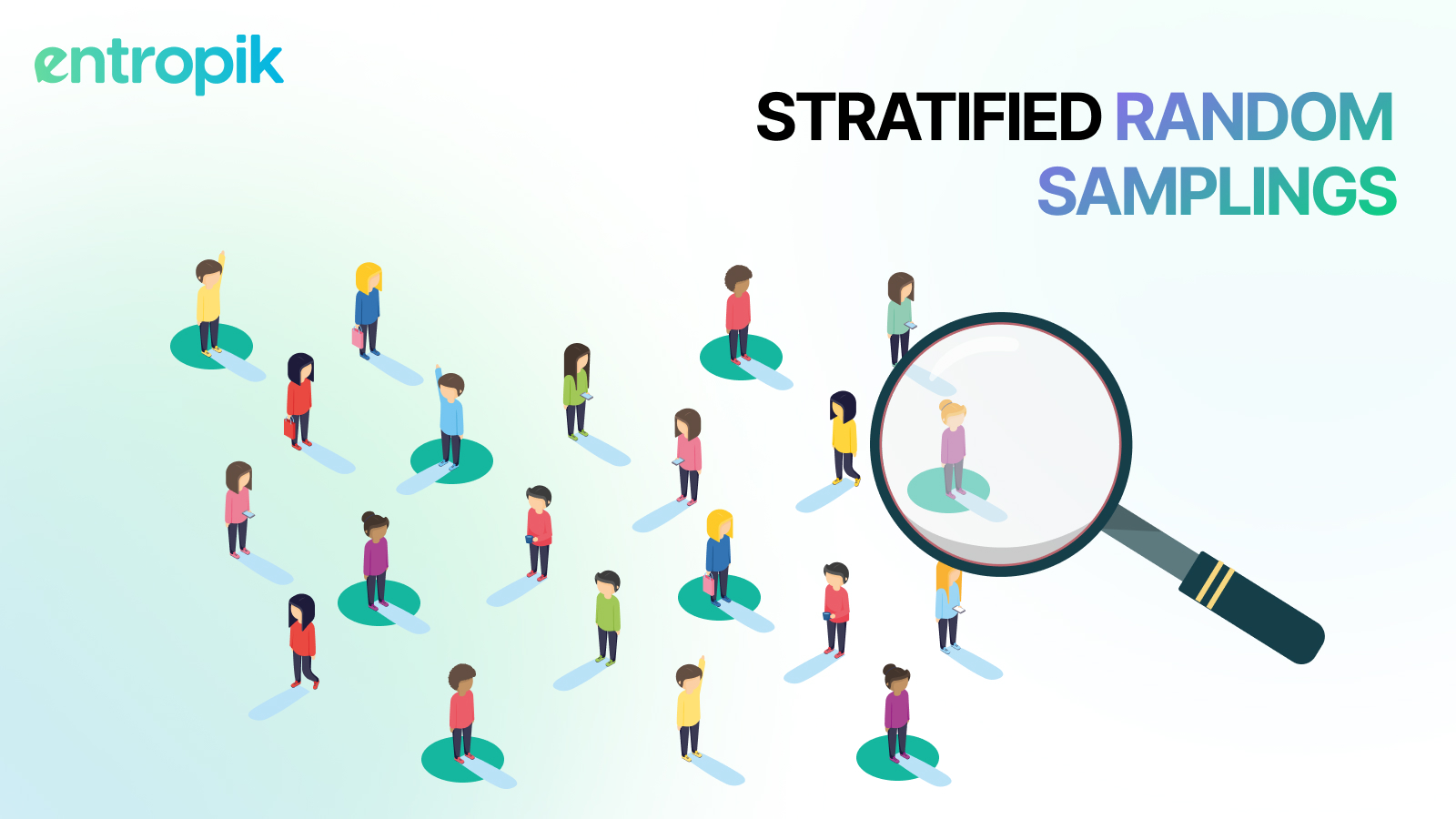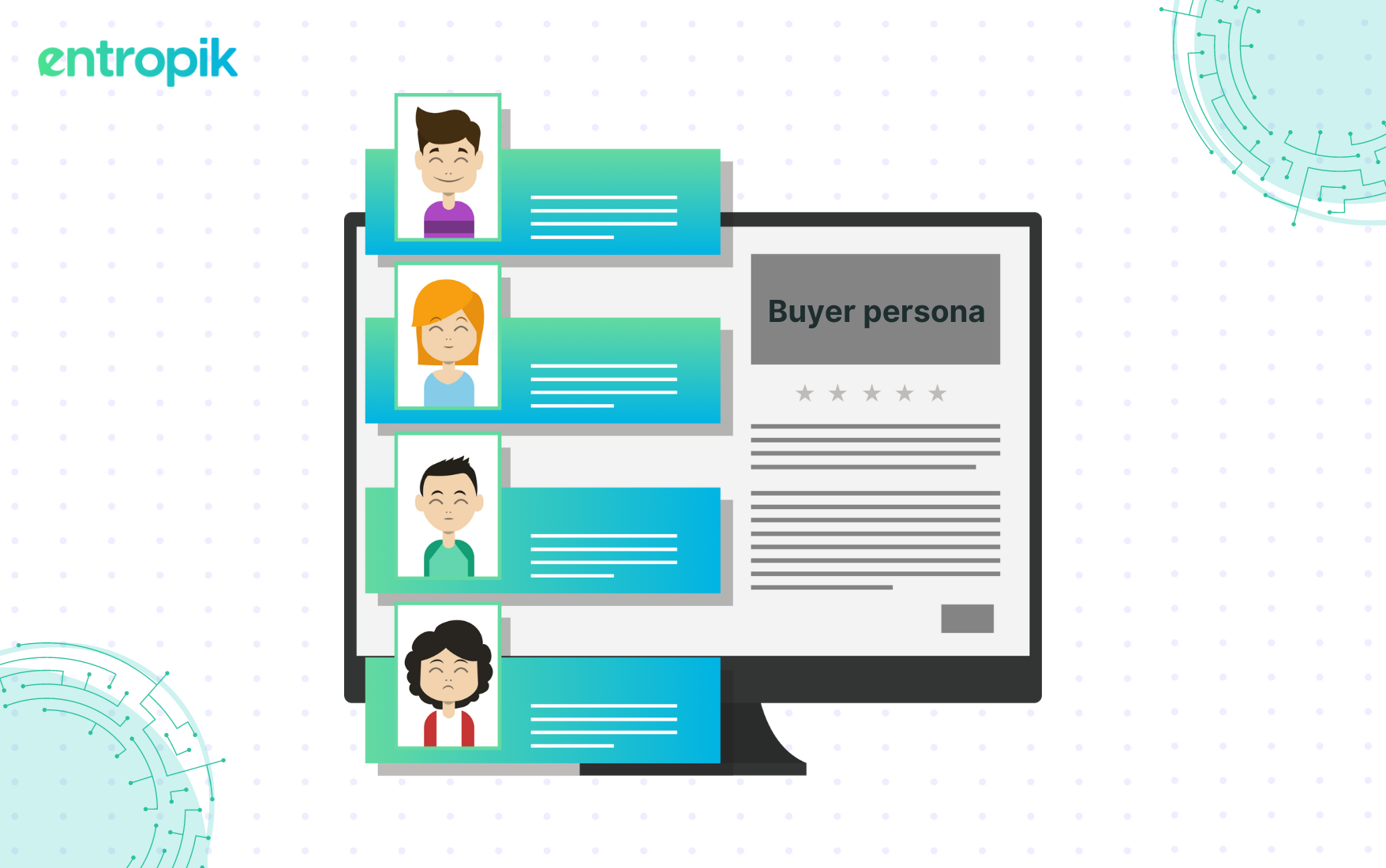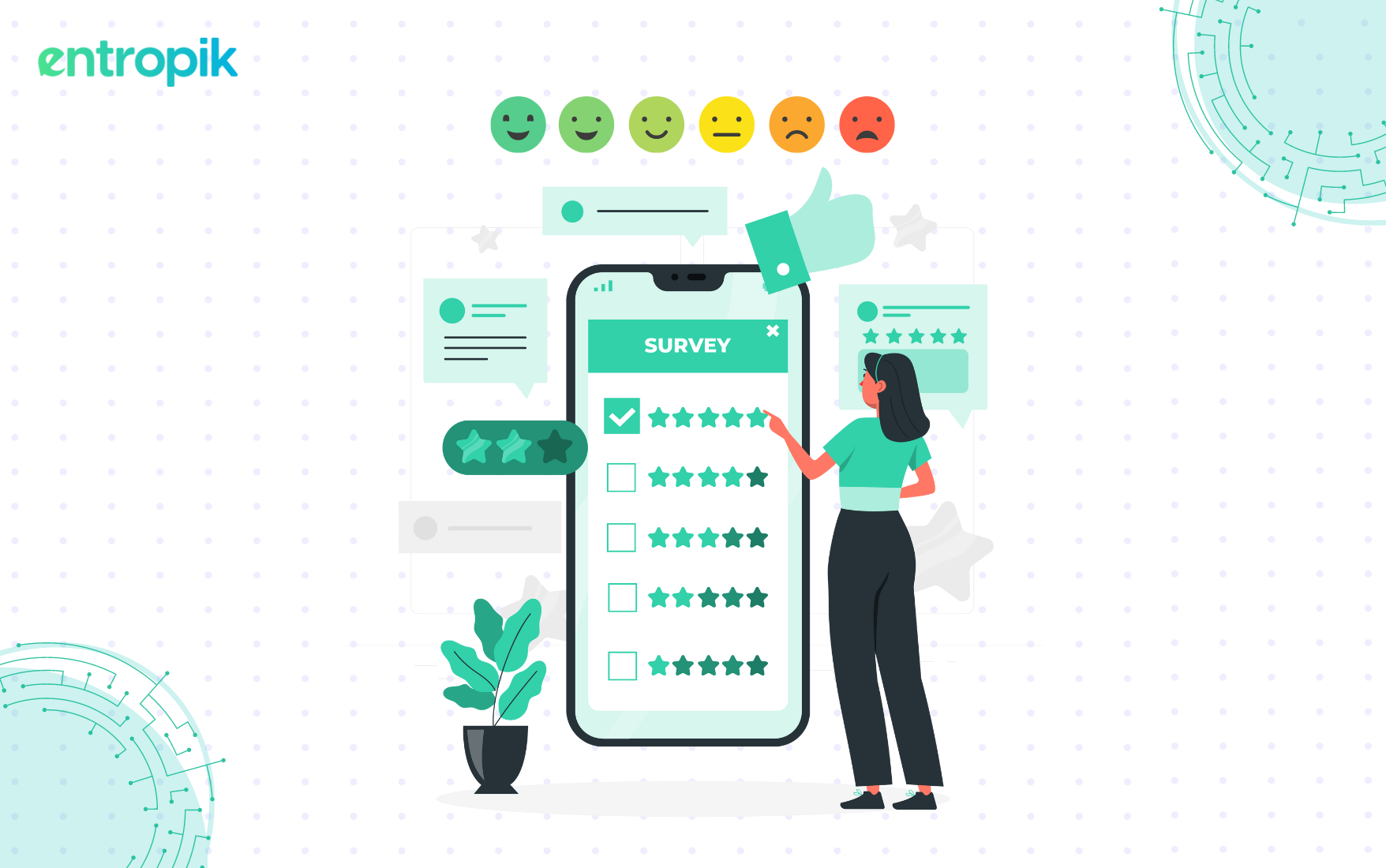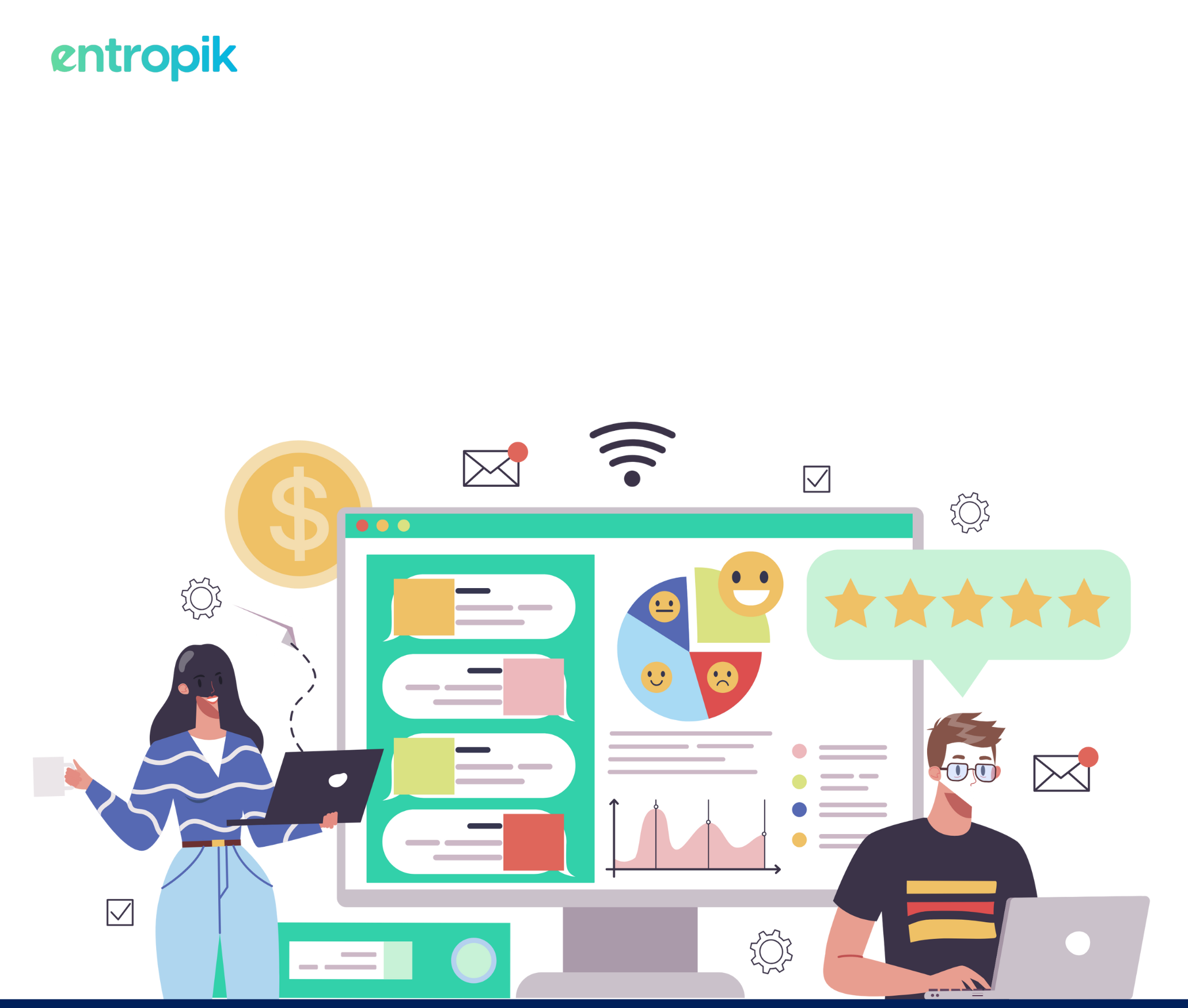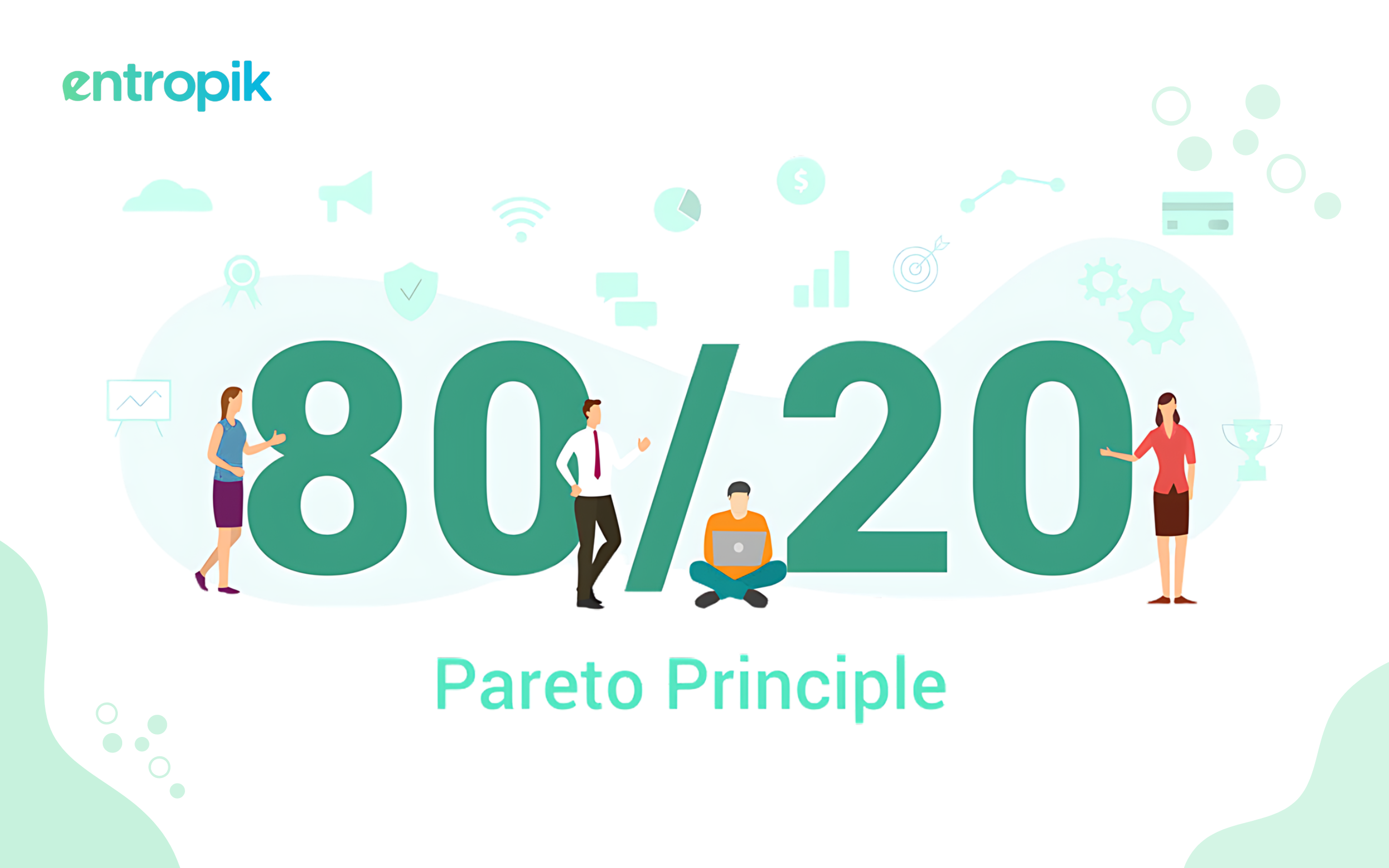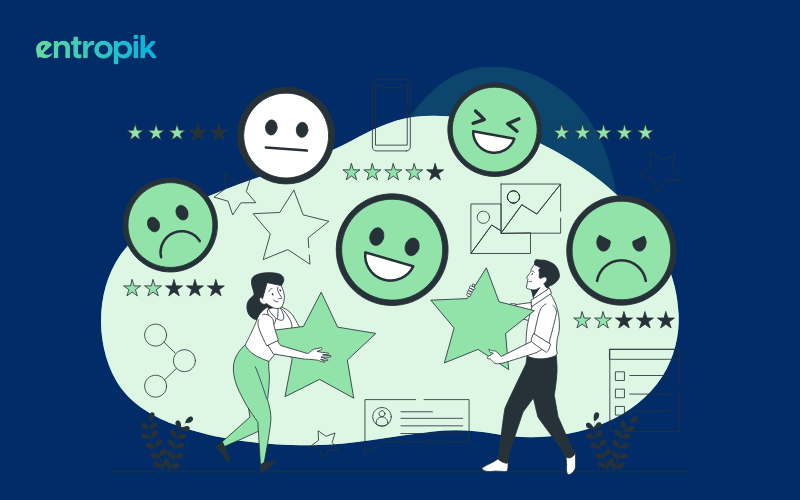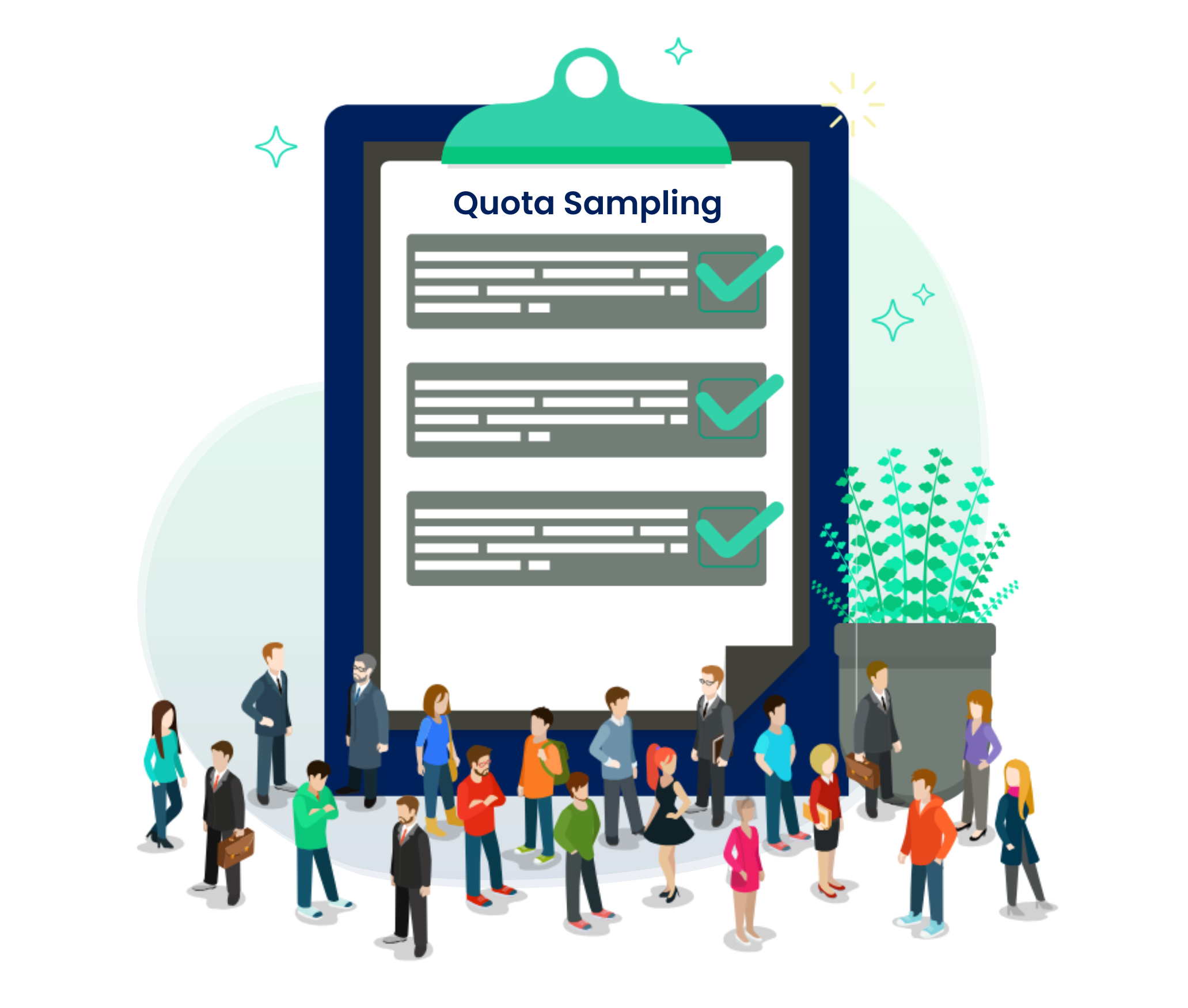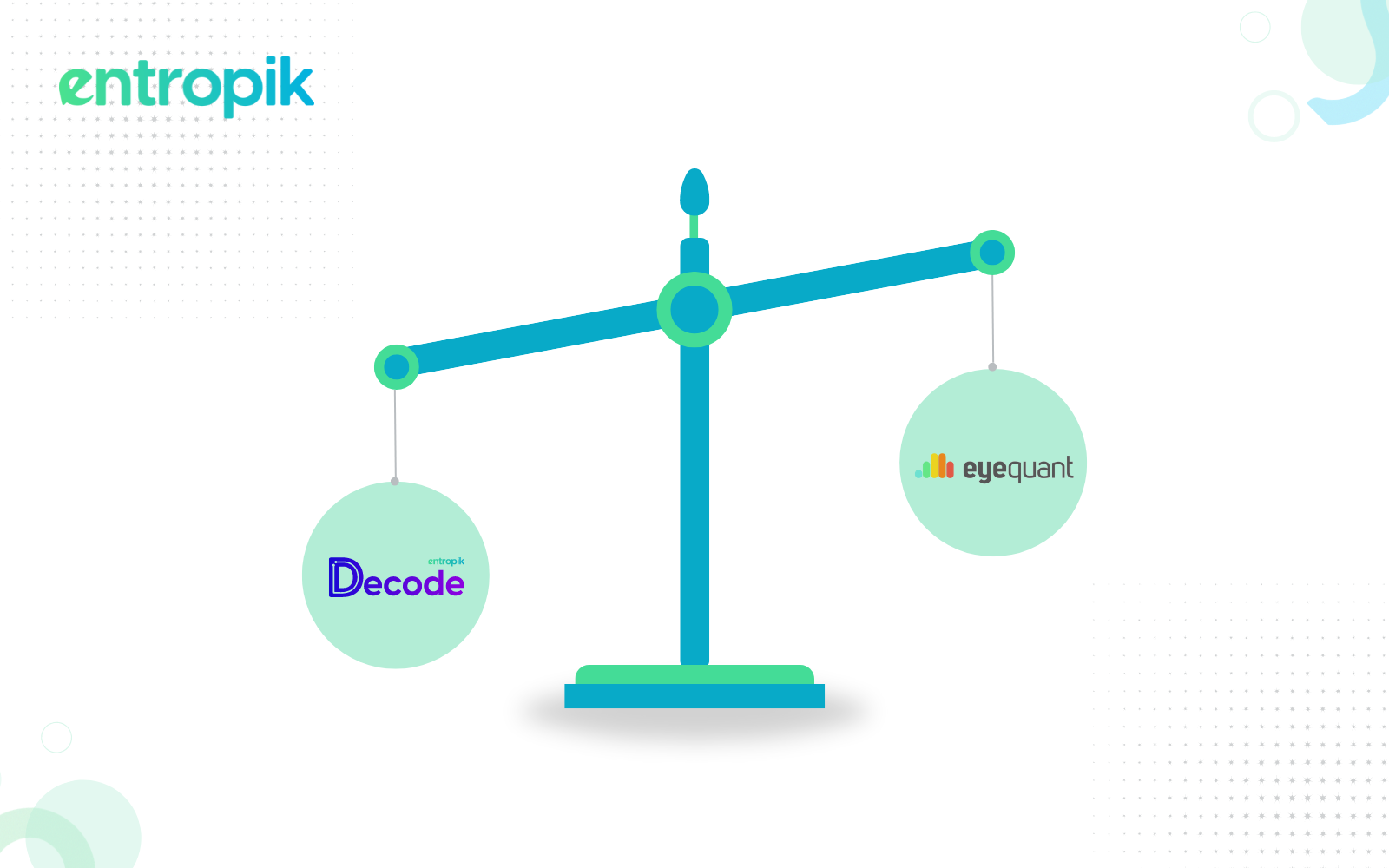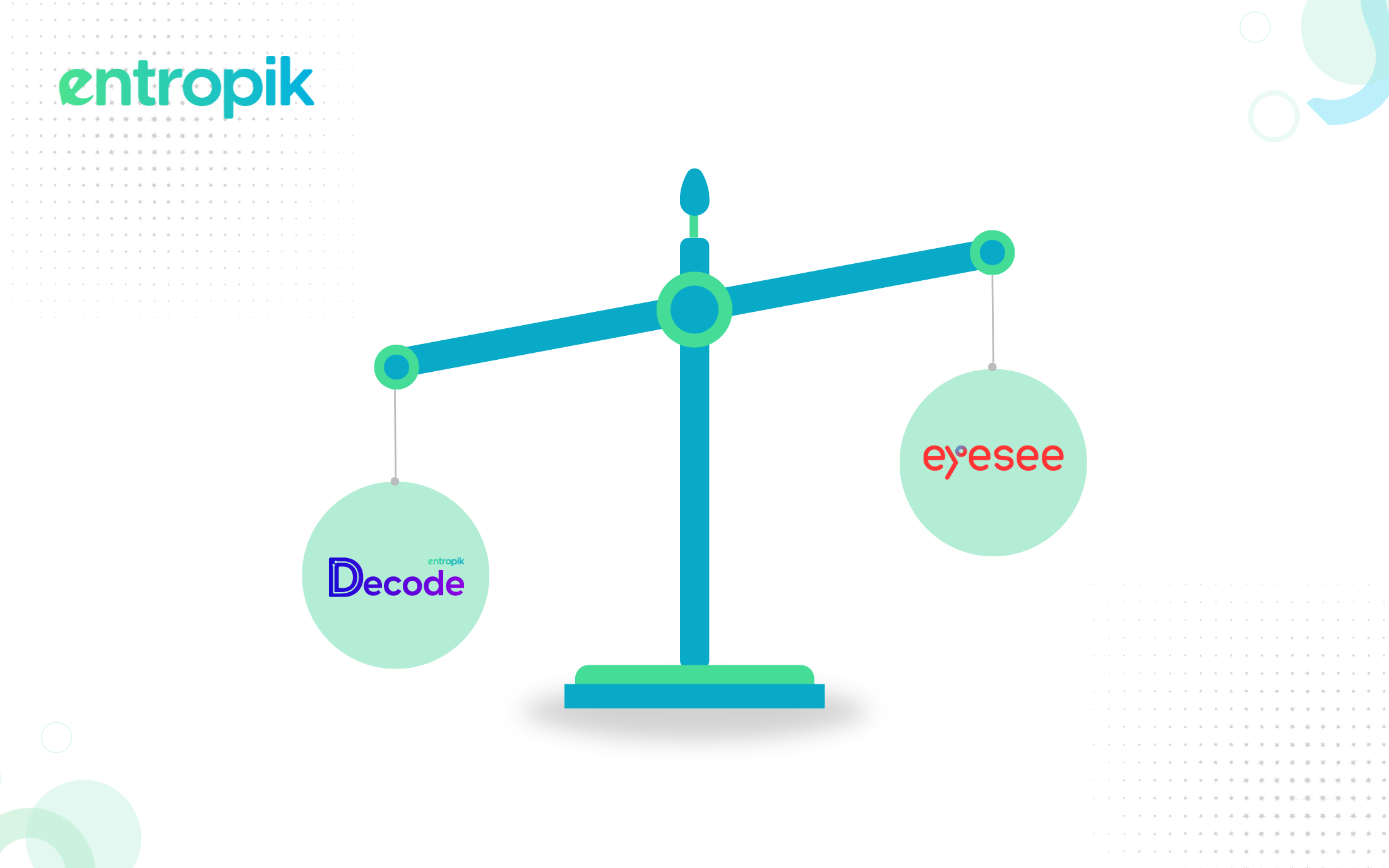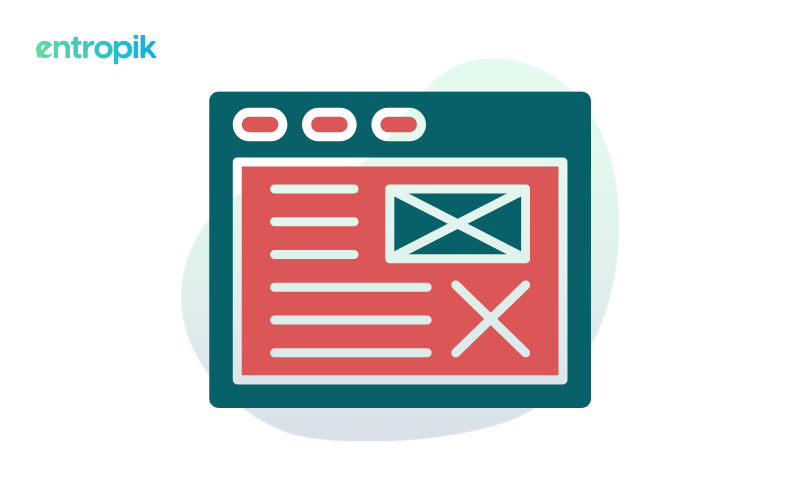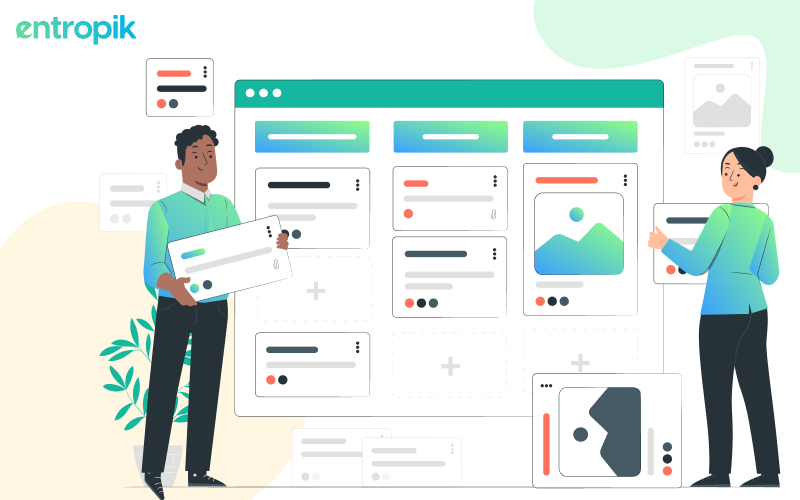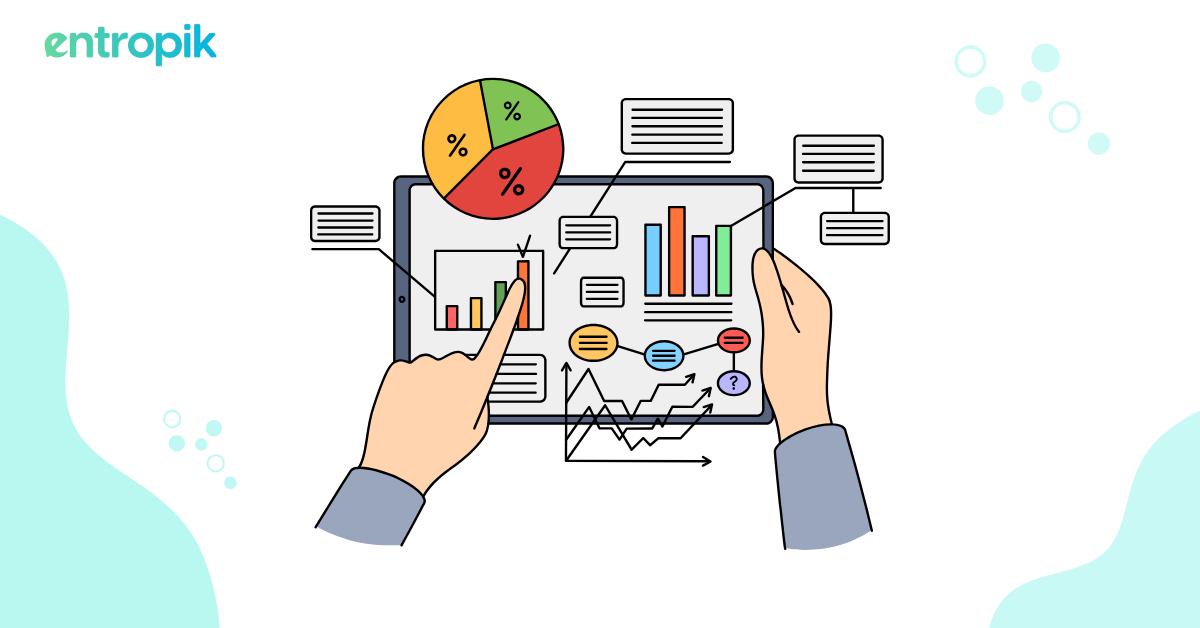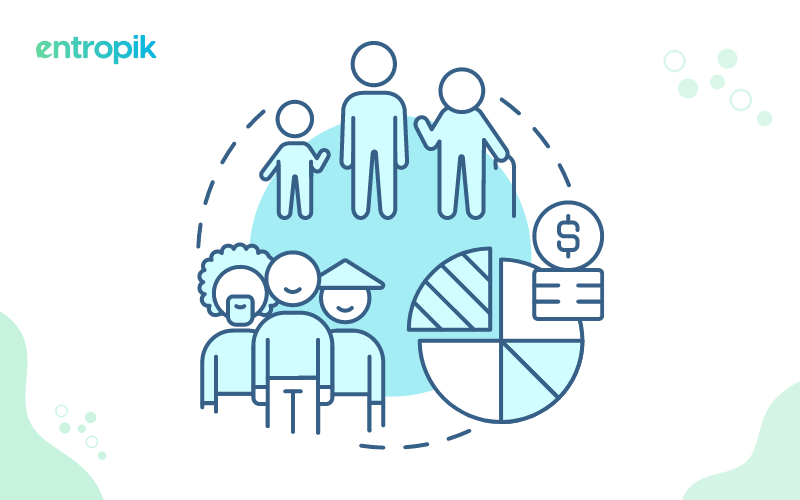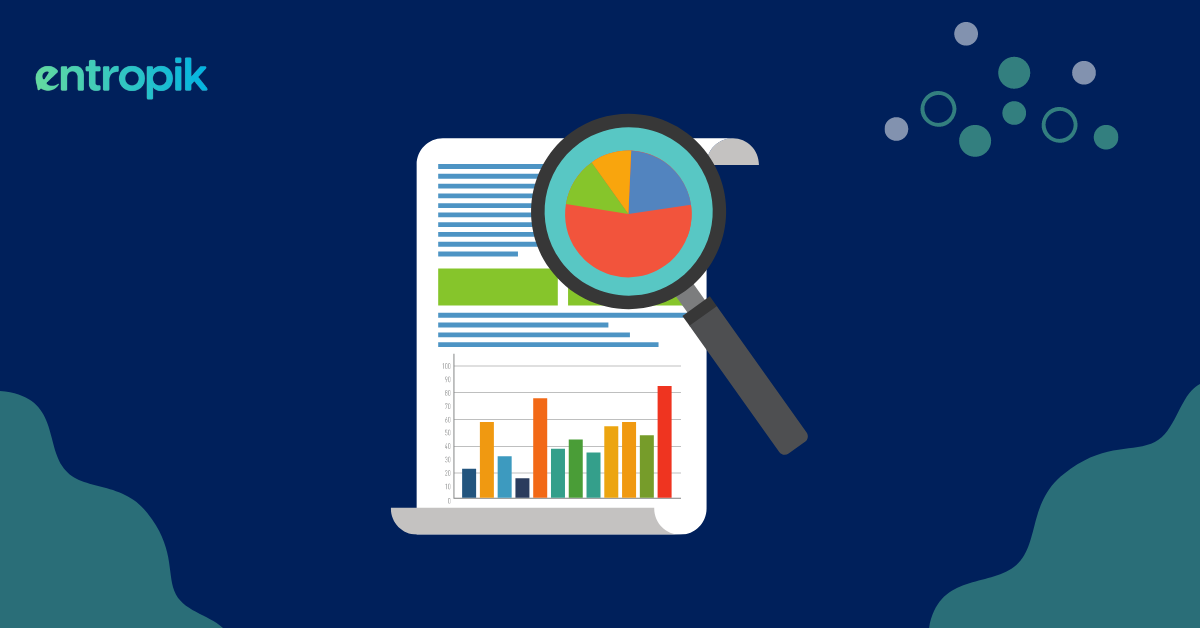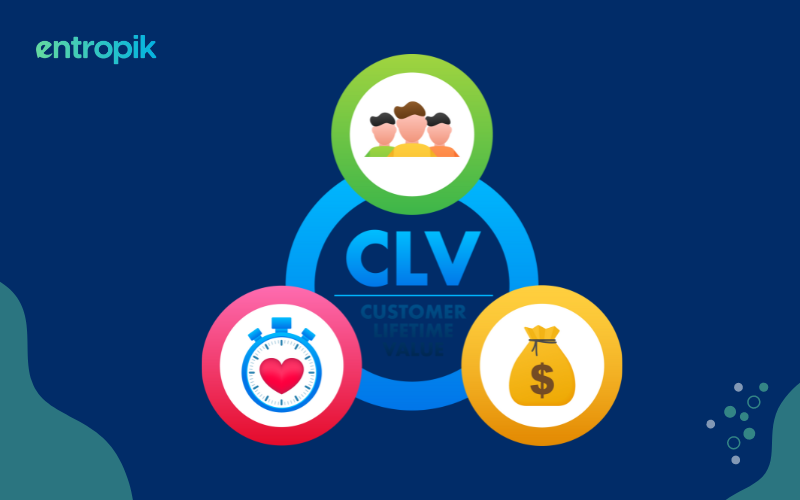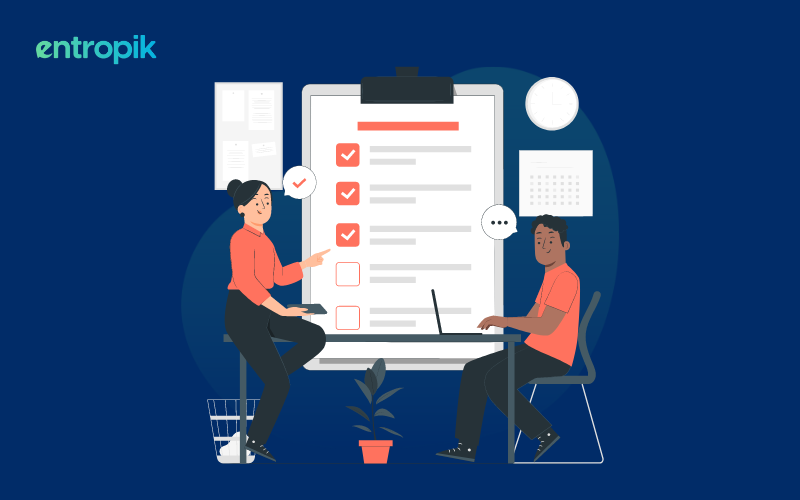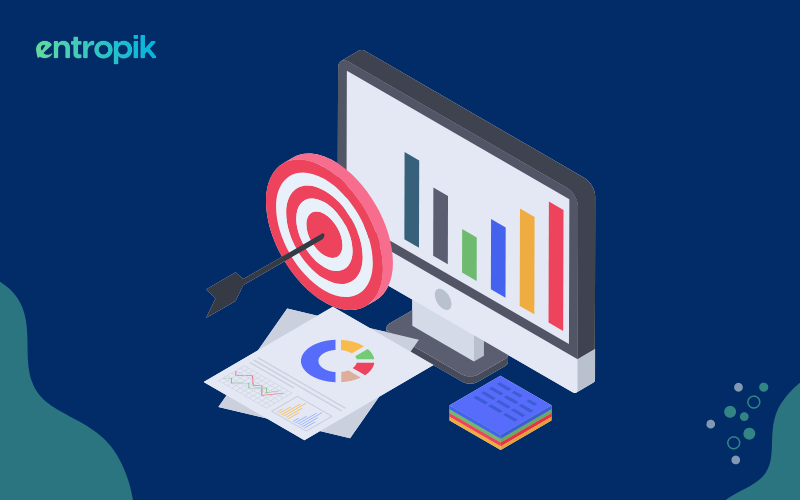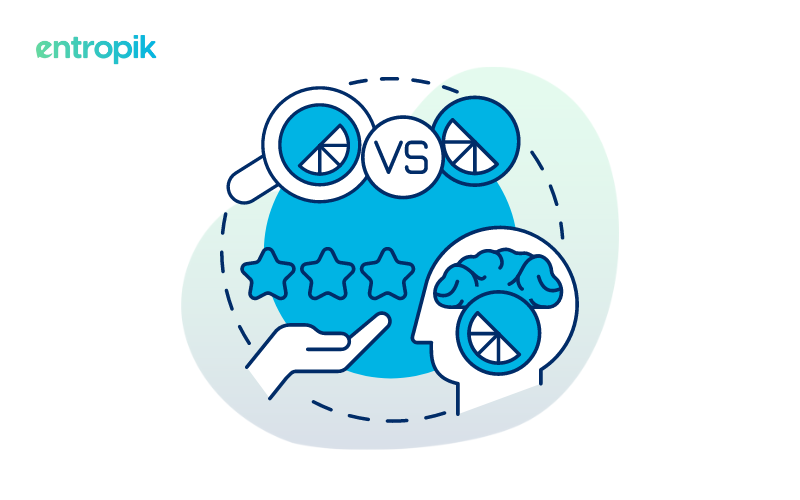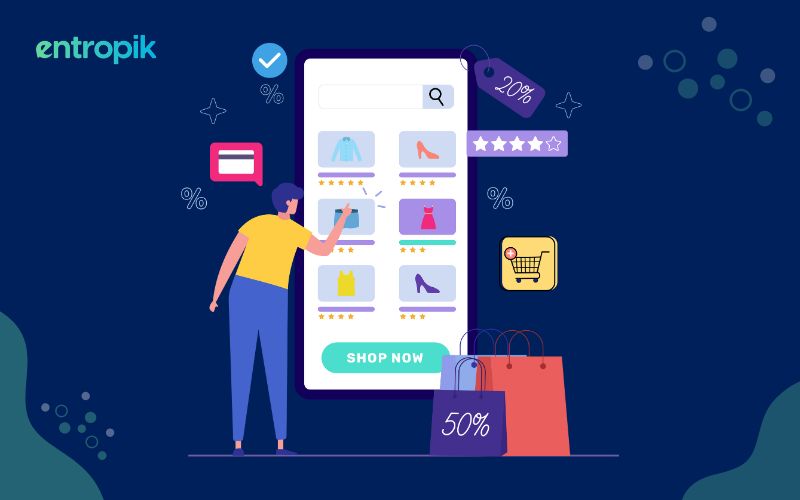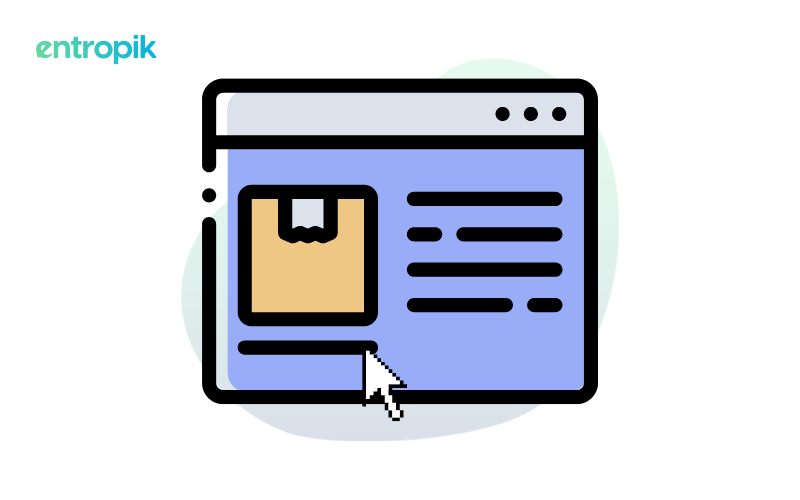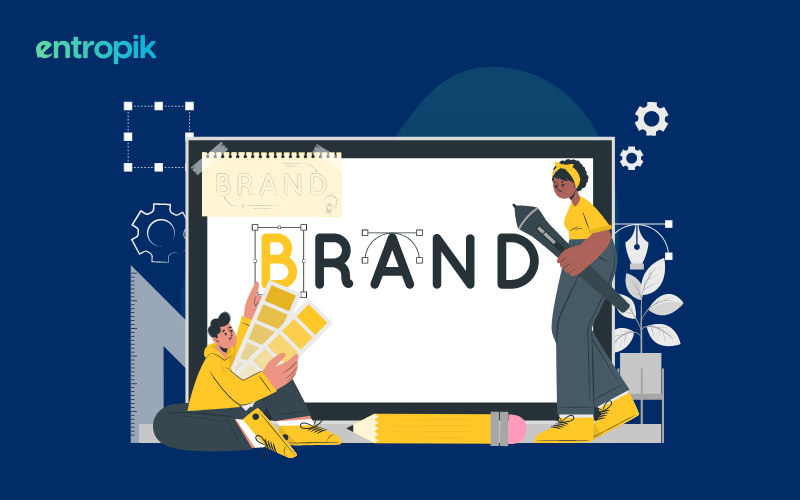A prospective study is used to observe data from the present into the future. Prospective studies have the advantage of being targeted to collect specific exposure data and may be more thorough because they are conducted with specialized data collection methods.
Prospective cohort studies are generally quantitative as they leverage preexisting secondary research data.
In this article, we talk about prospective studies and when you should consider using them. So, let’s dive in!
What is Prospective Cohort Study?
A prospective cohort study is a sort of observational study that focuses on tracking a cohort of people across time to gather information on their exposure to an interest factor. Then, their results are monitored in order to look at the relationship between the exposure and the result.
Difference between Prospective and Retrospective Studies
Individuals are tracked over time in prospective studies, and information is gathered about them as their characteristics or circumstances change. A good illustration of a prospective study is a birth cohort study.
Retrospective studies sample participants and gather historical data about them. This could be accomplished by conducting interviews in which participants are asked to recollect significant events or by finding pertinent administrative data to fill in the blanks regarding former events and circumstances. In historical cohort studies, subjects are connected to already-available historical data. A historical cohort study might include the Hertfordshire Cohort Study.
When to Use a Prospective Cohort Study
Your study might benefit from a prospective cohort study if:
- You have access to a sizable pool of study participants and are at ease working on projects that could take years.
- You are curious about the long-term impact of therapeutic or preventative measures taken to avoid being exposed to a risk factor.
- Retrospective cohort studies or case-control studies cannot adequately support potential causality in your study.
Advantages of Prospective Cohort Studies
- Because they can establish temporality, prospective cohort studies are more able to infer causality than other kinds of observational studies. Here, temporality enables researchers to establish that the exposure came before the result, supporting the idea that the two variables are related in a cause-and-effect manner.
- Prospective cohort studies collect data prior to the outcome being examined, therefore while they are not immune, they are less vulnerable to biases in research than other observational studies. By collecting data on several outcomes throughout time, this can even assist to find novel correlations between exposures and outcomes. It reduces the danger of biases like recall bias and selection bias, among others.
- Prospective cohort studies are more likely to utilise a sampling approach to gather a significantly more representative sample of the population because they typically involve large groups of participants. Findings are often far more broadly applicable and have higher internal and external validity as a result.
Disadvantages of Prospective Cohort Studies
- These studies can take a long time and cost a lot of money to complete because they depend on the recruitment of large participant groups over an extended period of time.
- They are not immune to bias, although being less susceptible than other observational studies. In particular, if participants drop out over time, prospective cohort studies are vulnerable to biases common to long-term research including attrition bias and survivorship bias. The likelihood that confounding variables will inevitably enter a study over time can significantly impact the case for causation, and measurement flaws like information bias and bias due to omitted variables can further muddle results.
{{cta-button}}


.png)












.jpg)



